BOONE, N.C. — Every Wednesday during February–April — save for university breaks — a group of nursing students donned in black and gold scrubs have traveled to Ashe Memorial Hospital to provide care to patients in the facility’s medical–surgical care unit.
These undergraduate nursing students at Appalachian State University have gained hands-on, clinical experience in rural health care thanks to a partnership developed between Appalachian’s Department of Nursing and Ashe Memorial Hospital in Jefferson.
Dr. Jean Bernard, assistant professor and director of undergraduate programs in Appalachian’s Department of Nursing, received $10,000 in funding from the North Carolina Area Health Education Center (NC AHEC) program to develop a nursing clinical site at Ashe Memorial. The clinic became operational in September 2018.
Bernard said the clinic is a great experience for students to see how care is provided in a critical access hospital (CAH), or a rural health care setting, compared to that of a major medical center.
“Students gain a broad nursing experience by serving on multiple units within the hospital; they learn to be flexible and gain multiple skill levels that can be applied to the various specialties they may pursue once they graduate,” Bernard explained.
The clinic is led by Clinical Instructor Rebekah Almond ’18, who earned her Master of Science in nursing with a concentration in nursing education from Appalachian in 2018. She holds a Bachelor of Science in nursing from the University of North Carolina at Charlotte.
“Many aspects of patient care are unique in rural hospitals, giving students the opportunity to gain a new perceptive of nursing care and the community,” Almond said.
She added, “Observing the adaptability of rural health nurses as they care for patients with diverse medical conditions has been a great learning experience for Appalachian students who have previously participated in clinicals at facilities with specialty care units.”
As a CAH in an underserved area, Ashe Memorial provides access to needed medical care for patients who might otherwise have difficulty in reaching a medical care facility located farther from home. The CAH designation is given to eligible rural hospitals by the Centers for Medicare and Medicaid Services.
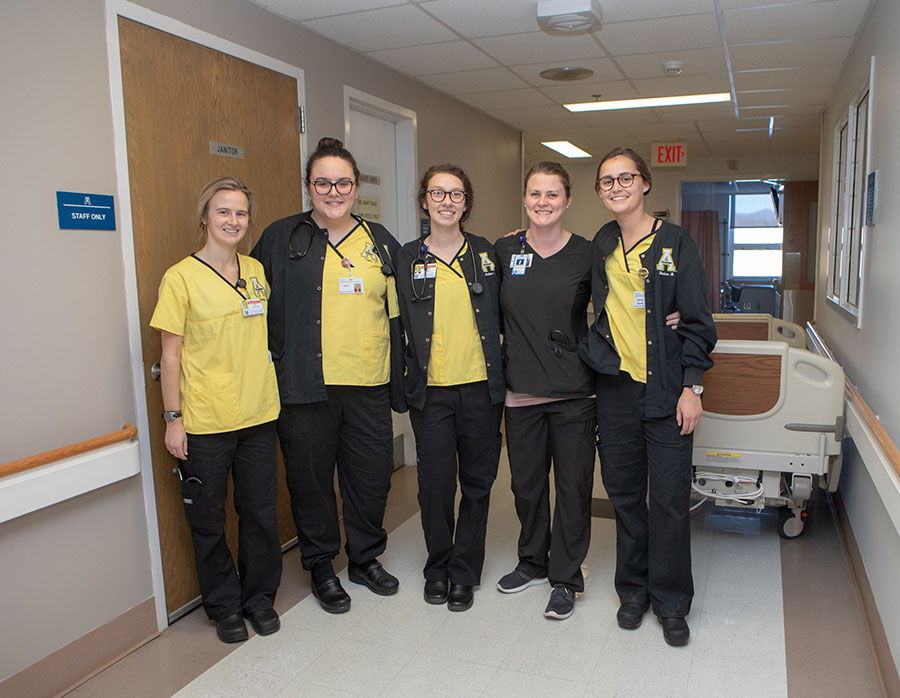
Students in Appalachian’s undergraduate nursing program and their instructor, Rebekah Almond, second from right, during the clinical experience at Ashe Memorial Hospital in Jefferson. The students, pictured from left to right, are junior nursing majors Kelsey McKinney, of Reedsville; Taylor Sabia, of Zebulon; Amber Pratt, of Yadkinville; and Shania Barnes, of Winston-Salem. Photo by Marie Freeman
In order to obtain the designation, eligible hospitals must meet the following criteria:
- Have 25 or fewer acute care inpatient beds.
- Be located more than 35 miles from another hospital.
- Maintain an annual average length of stay of 96 hours or less for acute care patients.
- Provide 24/7 emergency care services.
According to the American Hospital Association (AHA), CAHs represent a quarter of all U.S. hospitals and more than two-thirds of all rural community hospitals in the nation. “Critical access hospitals (CAHs) are vital for maintaining access to high-quality health care services in rural communities,” the AHA website states.
Kelsey McKinney, a junior nursing major from Reedsville who has participated in the spring 2019 clinic, said “working in a hospital the size of Ashe Memorial is a unique experience” — one that has “opened her eyes” to both what it’s like to work within a rural health care setting and the lives of patients she interacts with.
“When completing a clinical at a smaller hospital, there is more focus on the skills, gaining the basic skills, whereas that might not happen in a larger setting,” said Shania Barnes, a junior in Appalachian’s nursing program from Winston-Salem.
Barnes, who took part in a nursing clinic in fall 2018 at Frye Regional Medical Center in Hickory, said the different teaching styles she has been exposed to via Almond and her previous clinic instructors have been helpful as she navigates the work environments in various hospital units.
Taylor Sabia, a junior nursing major from Zebulon, said she has enjoyed working with the Ashe Memorial staff, and the experience has allowed her to practice and improve skills she’s learned in the classroom — especially communication skills.
“Talking in person with hospital patients rather than practicing with my peers (inside the classroom) is quite a different experience,” she shared.
Almond spoke of the Appalachian pride the hospital’s patients tend to have and how they become excited when they see Appalachian students there to care for them. “It seems to raise their spirits,” she said.
Bernard is in the process of applying for additional grant funding from NC AHEC, which will support a second year of the program in the 2019–20 academic year.
What do you think?
Share your feedback on this story.
About the Department of Nursing
The Department of Nursing in Appalachian State University’s Beaver College of Health Sciences provides an evidence-based nursing education in an intellectually stimulating and challenging environment that is designed to prepare the beginning nursing professional with the knowledge and skills to practice in diverse settings in a highly complex health care system. The department offers two accredited Bachelor of Science programs: the nursing pre-licensure program and the online RN to BSN program, designed for current registered nurses seeking the bachelor’s degree. The department also offers a Master of Science in nursing program that prepares registered nurses for leadership roles as educators. Learn more at https://nursing.appstate.edu.
About the Beaver College of Health Sciences
Appalachian State University’s Beaver College of Health Sciences (BCHS), opened in 2010, is transforming the health and quality of life for the communities it serves through interprofessional collaboration and innovation in teaching, scholarship, service and clinical outreach. The college enrolls more than 3,600 students and offers 10 undergraduate degree programs, nine graduate degree programs and four certificates across seven departments: Kinesiology, Nursing, Nutrition and Health Care Management, Public Health, Recreation Management and Physical Education, Rehabilitation Sciences, and Social Work. The college’s academic programs are located in the Holmes Convocation Center on App State’s main campus and the Levine Hall of Health Sciences, a state-of-the-art, 203,000-square-foot facility that is the cornerstone of Boone’s Wellness District. In addition, the college supports the Appalachian Institute for Health and Wellness and has collaborative partnerships with the Wake Forest University School of Medicine’s Physician Assistant Program, UNC Health Appalachian and numerous other health agencies. Learn more at https://healthsciences.appstate.edu.
About Appalachian State University
As a premier public institution, Appalachian State University prepares students to lead purposeful lives. App State is one of 17 campuses in the University of North Carolina System, with a national reputation for innovative teaching and opening access to a high-quality, cost-effective education. The university enrolls more than 21,000 students, has a low student-to-faculty ratio and offers more than 150 undergraduate and 80 graduate majors at its Boone and Hickory campuses and through App State Online. Learn more at https://www.appstate.edu.
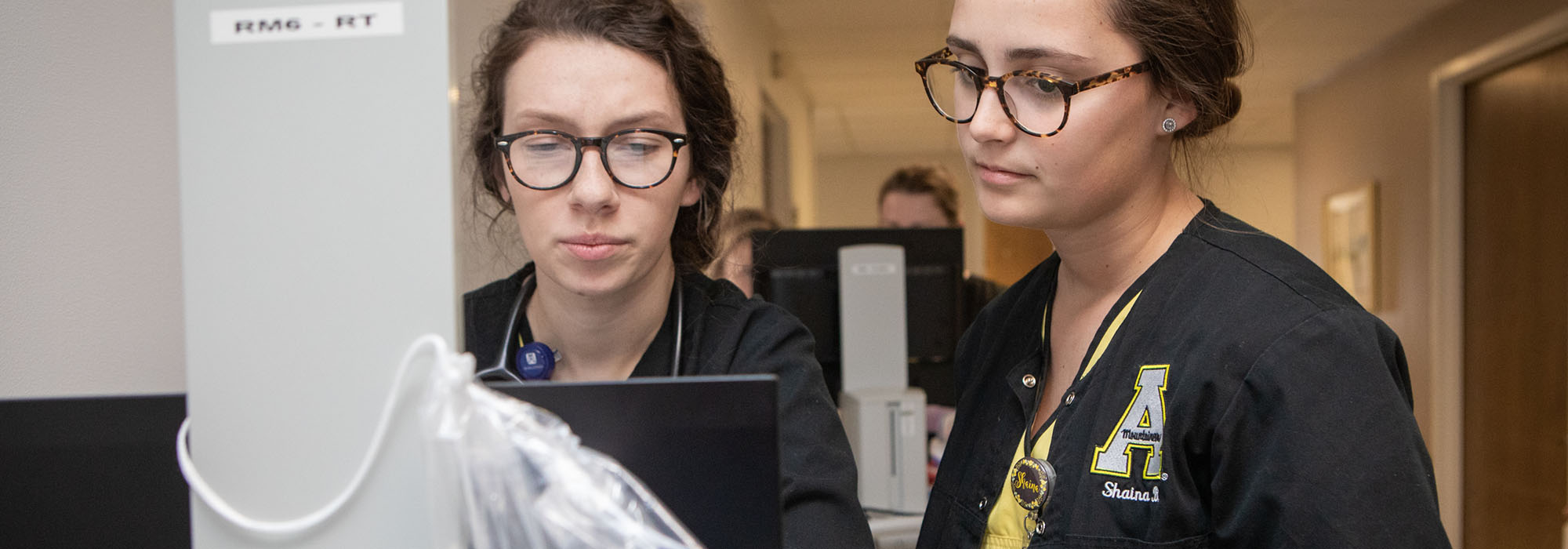
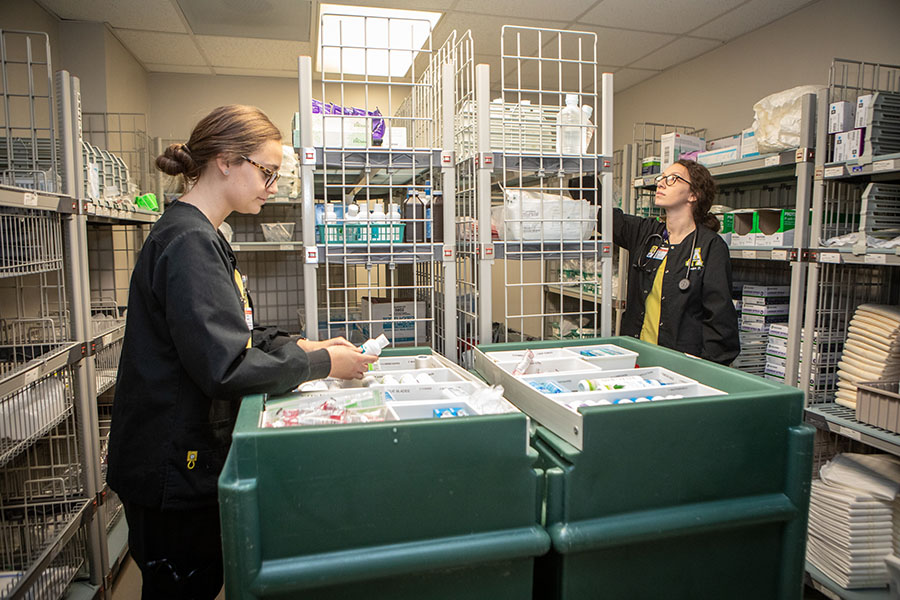
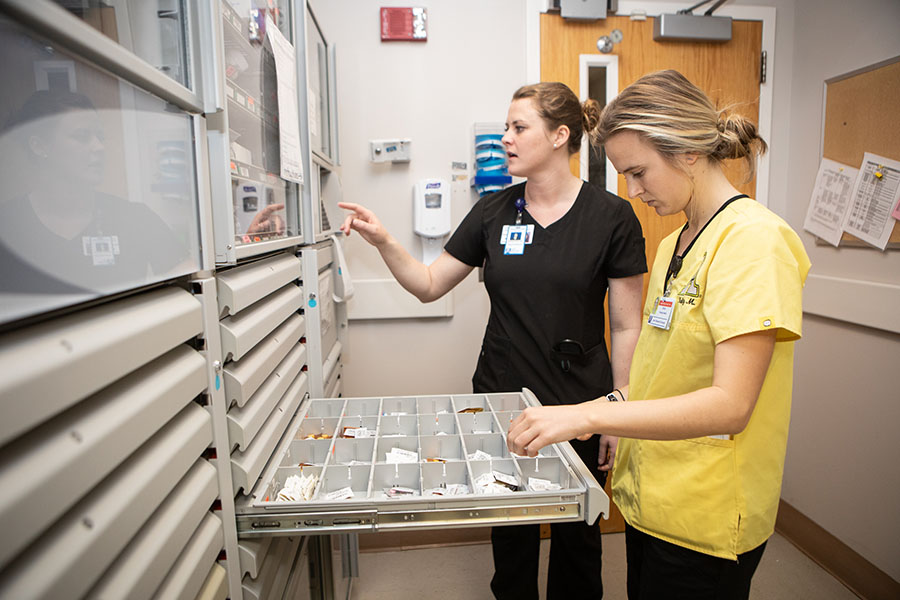

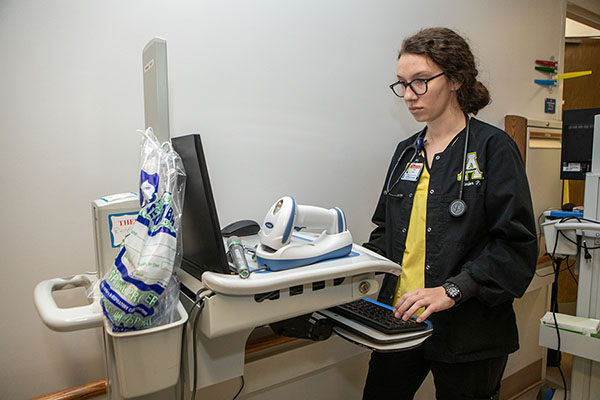



![How NCInnovation Is Rethinking Economic Development in North Carolina [faculty featured]](/_images/_posts/2026/02/rethinking-economic-development-600x400.jpg)







